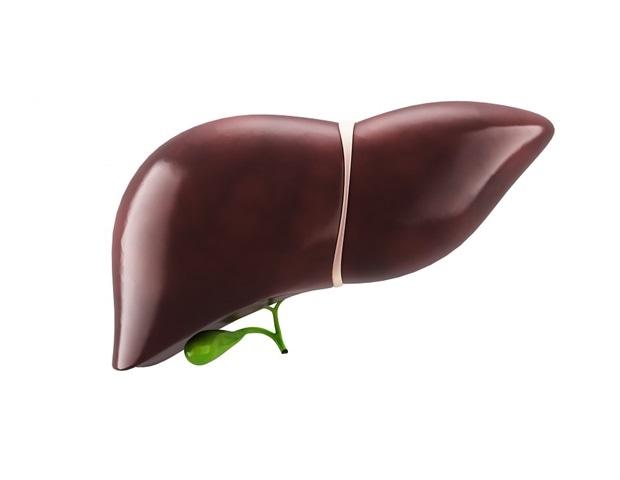, 2025-04-18 18:57:00

Background and aims
Liver fibrosis is a key process in the progression of chronic liver diseases. However, there are currently no drugs specifically designed to treat liver fibrosis. Our Phase 2 trial of hydronidone for the treatment of chronic hepatitis B (CHB)-associated liver fibrosis showed that adding hydronidone to entecavir resulted in significant reversal of liver fibrosis. To further evaluate the efficacy of a 270 mg/day dose of hydronidone for treating liver fibrosis associated with CHB, we conducted this Phase 3 trial.
Methods
This is a 52-week, randomized (1:1), double-blind, placebo-controlled, multicenter, entecavir-based Phase 3 clinical study conducted at 44 study centers across China. Adult patients aged 18 to 65 years with significant liver fibrosis (defined as an Ishak score ≥ 3 on liver biopsy) associated with CHB were included.
Results
The primary endpoint of the trial is to demonstrate the efficacy of fibrosis reversal, defined as a decrease in the Ishak stage score of liver fibrosis by ≥1 after 52 weeks of treatment, compared to baseline.
Conclusions
This trial aimed to identify the antifibrotic effect and safety of hydronidone for CHB patients with significant liver fibrosis. It is anticipated that the findings of this study will further support the antifibrotic indication for this novel drug.
Source:
Journal reference:
Cai, X., et al. (2025). Hydronidone for the Treatment of Liver Fibrosis Associated with Chronic Hepatitis B: Protocol for a Phase 3 Randomized Trial. Journal of Clinical and Translational Hepatology. doi.org/10.14218/jcth.2024.00472.

